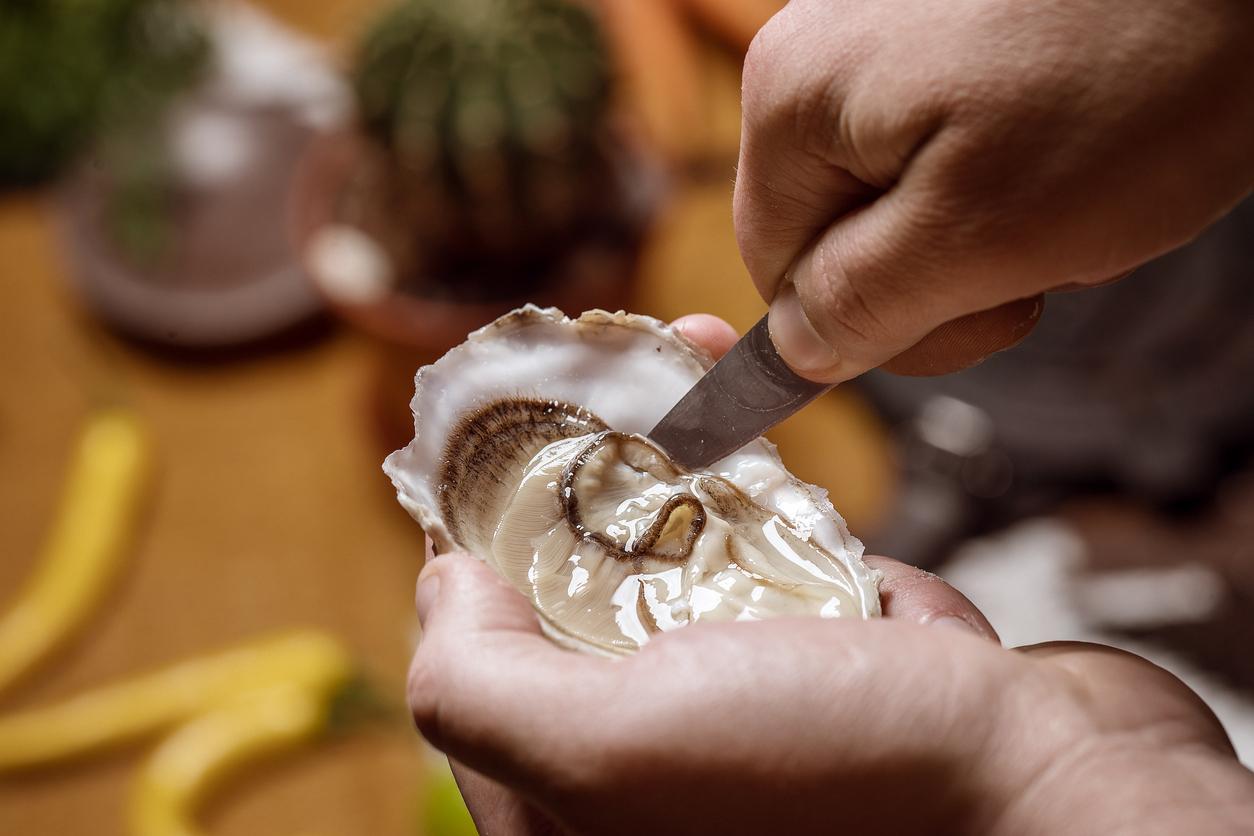Chinese researchers explain that the oyster, due to its high content of norovirus, would be an important risk factor for gastroenteritis.

Star product of the various New Year’s Eve celebrations and always popular food for tourists on vacation on the Atlantic side, oysters are a classic of French gastronomy. But that’s it, according to a team of researchers from Shanghai University whose work has been published in the journal Applied and Environmental Microbiology, these mollusks could pose health risks.
According to them, many noroviruses infecting humans are present in oysters, which makes them real breeding grounds for gastroenteritis. In France, it is estimated that 65% of inhabitants consume it at least three times a year.
To arrive at these results, scientists were interested in the genetic diversity of noroviruses. To do this, they studied 1,077 genetic profiles listed by the National Center for Biotechnology and Noronet genetic banks during quality controls. After analysis, it turns out that 80% of noroviruses capable of infecting humans were present in molluscs.
Coastal waters more polluted than others
For the researchers, this conclusion is far from a surprise because the oyster cultures are most of the time carried out near the coasts, where the water is the dirtiest (sewer outlets, human waste) which are the main vectors of the virus. And as the researchers recall, norovirus is resistant, it is able to survive for several weeks in the shell of an oyster, enough therefore, to allow ingestion in humans.
“The results highlight the important role of oysters in the persistence of norovirus in the environment, and their transmission to humans, and demonstrate the need for monitoring of human norovirus in oyster samples,” explains him Yongjie Wang, one of the main authors of this study.
The work also offers some avenues for reflection to avoid the risk of infection. It is first proposed to set up an easy-to-use norovirus detection system. Then, and this is where the shoe pinches, the researchers affirm that it should systematically consume “well-cooked” shellfish and seafood. A suggestion that should arouse the indignation of shellfish enthusiasts.
.














